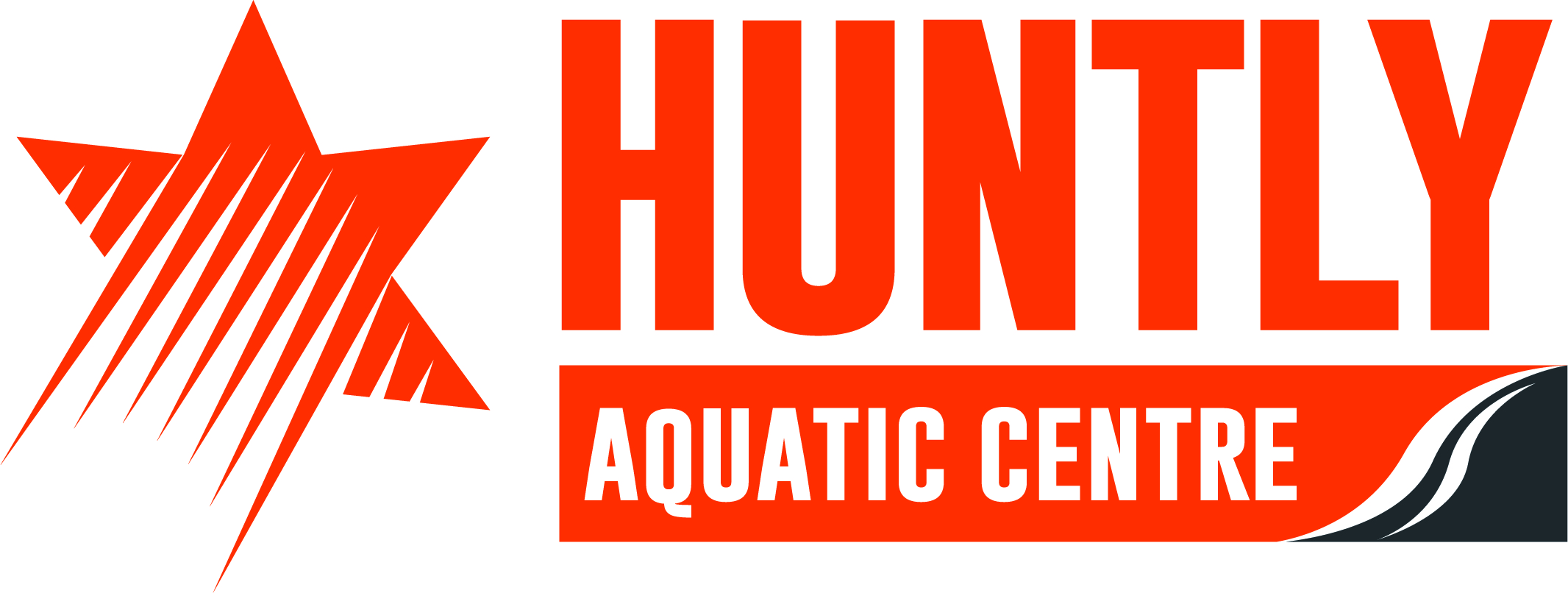Securing your home to be water safe
Water safety can pose a risk to children in various home settings including urban, suburban, farms and rural properties. Whilst you may already have safety strategies for many known and unknown water safety hazards, it is crucial to always stay alert to any unsuspecting hazards and have constant education around important rules and advice that should always be followed.
Here are some tips to help improve water safety security in your home:
- Install and maintain a pool fence that is equipped with a self-closing and self-latching gate. Never prop the gate open.
- Securely store all pool toys when not in use.
- Inflatable pools should already be emptied and stored after use unless they are secured behind a fence.
- Any large containers such as eskies (coolers), inflatable pools or water fountains should be emptied, properly covered or put away to avoid them filling up with rainwater or to allow easy access.
- If in a farm or rural property, ensure all unused holes, ditches or dips are filled or fenced off to prevent access.
- Ensure constant adult supervision during bath time and be within arms’ reach.
- Always leave the bath empty and restrict access or hide the plug when not in use.
- Do not respond to distractions such as phone calls or the doorbell ringing when your child is in a pool of water.
Additionally, Water Safety New Zealand has recommended eight ways to keep little ones safe:
- Within Arm’s Reach. Constant active adult supervision always
- Who’s in Charge. If you’re in a group, have an active adult supervision roster
- Where’s the Danger. Identify water hazards in and around the home
- Bath time Fun. Use a bathmat
- Keep Focused. Avoid distraction
- Rules and Regulation. Ensure pools are fenced and gate is shut
- Teach them well. Teach your children water safety behaviours
- Have fun. Support your child and give them enjoyable and positive early experiences around water.
Drowning is a preventable tragedy that can happen to anyone. Let’s continue to keep watch of children in and around water, actively assess for potential water safety hazards, and educate our friends and family on preventative and responsive measures for aquatic incidents.
You can learn more about water safety in various settings via the Water Safety New Zealand website.


